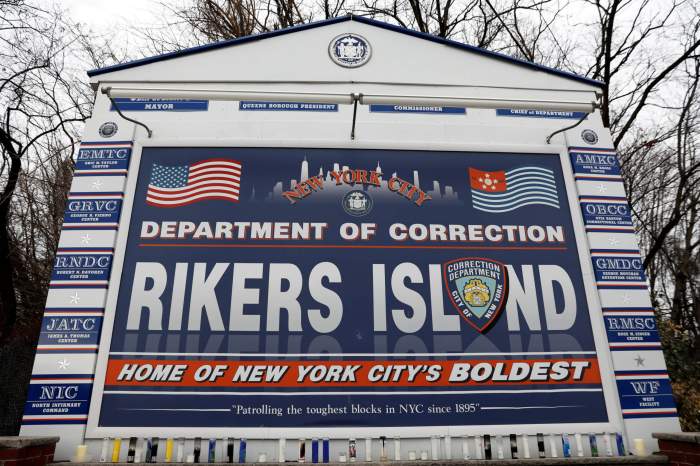By Blake Brittain
WASHINGTON (Reuters) – Weather and climate-related disasters cost the United States a record $306 billion in 2017, the third-warmest year on record, the U.S. National Oceanic and Atmospheric Administration said on Monday.
The federal agency’s report underscores the economic risks of such disasters even as President Donald Trump’s administration casts doubts on their causes and has started withdrawing the United States from a global pact to combat climate change.
The agency said western wildfires and hurricanes Harvey, Maria and Irma contributed to making 2017 the costliest year on record. The previous record was $215 billion in 2005, when hurricanes Katrina, Wilma and Rita slammed the U.S. Gulf Coast.
Meanwhile, the average annual temperature for the contiguous United States was 54.6 degrees Fahrenheit (12.6 degrees Celsius) in 2017, 2.6 degrees Fahrenheit above the 20th-century average and the third-warmest since recordkeeping began in 1895, following 2012 and 2016, the agency said.
“Natural disasters have caused a record-setting amount of damage in the U.S. this year,” Democratic Senator Dick Durbin of Illinois tweeted in response to the report. “There’s no denying that climate change will cost the U.S. trillions more in the next decade and that we have a financial and national security reason to act.”
Scientists have long concluded that carbon dioxide and other emissions from fossil fuels and industry are driving climate change, leading to floods, droughts and more-frequent powerful storms.
Trump, a Republican, has promised to boost U.S. oil, gas and coal production.
(Reporting by Blake Brittain; Editing by Susan Thomas and Lisa Von Ahn)



















